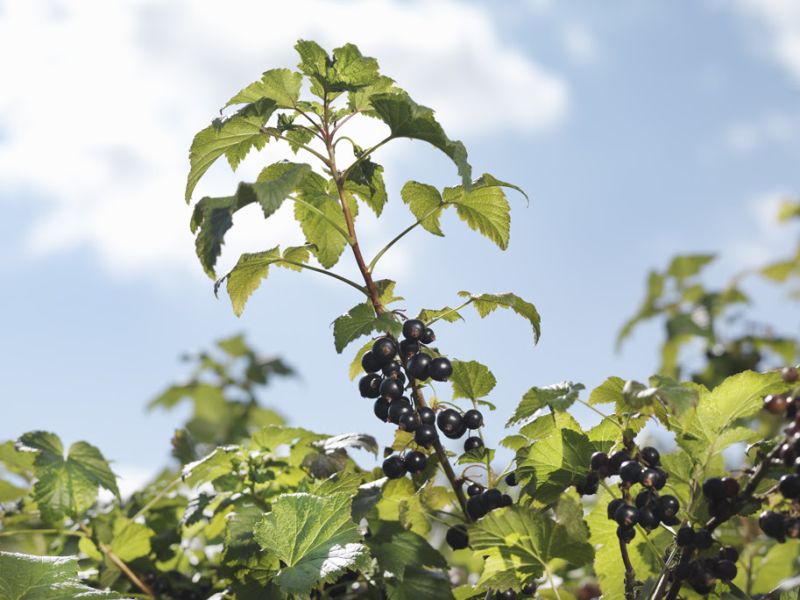Milder winters will delay UK growing season, researchers say

Warmer winters as a result of a changing global climate will delay the start of the UK growing season resulting in lower quality yields.
Milder winters may cause certain crops to flower later in the year, produce fewer fruit, and over repeated years, have a reduced plant lifespan, according to research released on Monday (17 December).
For the UK blackcurrant crop, which requires a period of chilling before growth begins in spring, such winters could be devastating.
The period of chilling reduces the risk of frost damage to new buds and ensures that buds burst rapidly in the spring and flower together, when pollinators are abundant.
The warning comes as a research group based at the James Hutton Institute speaks at the British Ecological Society’s annual meeting in Birmingham today.
“Blackcurrants have particularly high chill requirements and so are already seeing the effects of milder winters”, said Dr Katharine Preedy from Biomathematics and Statistics Scotland.
Climate change
A key crop worth about £10 million a year to the UK economy, blackcurrants are primarily processed as an ingredient and juice for major brands like Ribena, which has a brand value of £140 million.
Understanding how different blackcurrant varieties may respond to climate change is critical to farmers, researchers say.
About 35% of the crop currently grown is known to require 1,800 hours of chilling below 7°C.
Some varieties, however, need far lower temperatures and others can tolerate warmer temperatures as long as the chilling lasts longer.
Many farmers coordinate processing with apple producers in shared facilities, hence, a delayed blackcurrant season may force them to harvest unripe fruit of poorer quality or they might miss the chance to process the fruit at all.
“Blackcurrants are like the canary in the mine. If we can understand what they need in a changing climate, we can apply our knowledge to similar crops like blueberries, cherries, apples and plums”, Dr Preedy added.
Genetics
To explore the relationship between chilling period and bud opening, the ecologists carried out controlled temperature experiments on 20 different blackcurrant varieties.
The findings were then compared with blackcurrant cuttings sent in from farmers across the UK and temperature data obtained from local met office stations.
They found that each blackcurrant variety preferred different levels of chilling. In addition, some were able to compensate for warmer winter temperatures if they were chilled for long enough, whilst for other more sensitive varieties, longer chilling periods did not compensate for being less cold, causing erratic bud break.
The differences lie in the genetics, as some varieties have evolved in different climatic regions or are the result of selective breeding over the years.
“If we can understand this, farmers can carefully select varieties based on the climate and conditions in which they are going to be planted, and breeders can develop varieties that are more resilient to both warmer winters or periods of extreme cold”, said study collaborator Professor Hamlyn Jones from the University of Dundee.
'Withstand variable winters'
Currently, 12 varieties are widely grown in the UK and Ribena invests in the British Blackcurrant Breeding Programme coordinated by the James Hutton Institute.
Whilst previous varieties were produced with tougher skins to increase shelf life, this research demonstrates the potential to develop varieties that can cope better with a changing climate.
“In the future, we hope to identify genetic markers associated with the ability to withstand variable winters, so we can rapidly breed new varieties of blackcurrants”, concluded Preedy.
Dr Preedy will present the group’s work today at the British Ecological Society annual meeting. The conference will bring together 1,200 ecologists from more than 40 countries to discuss the latest research.








